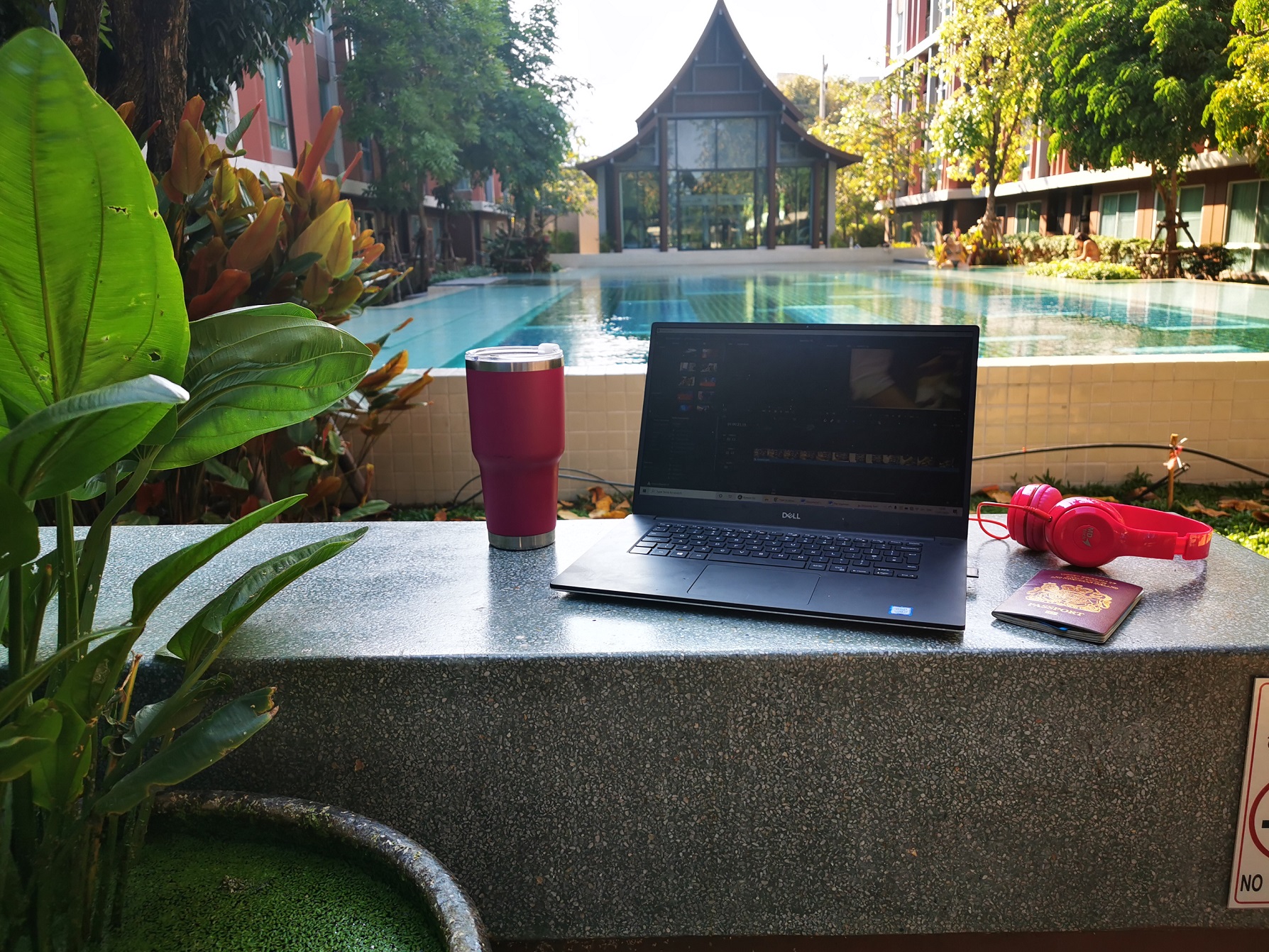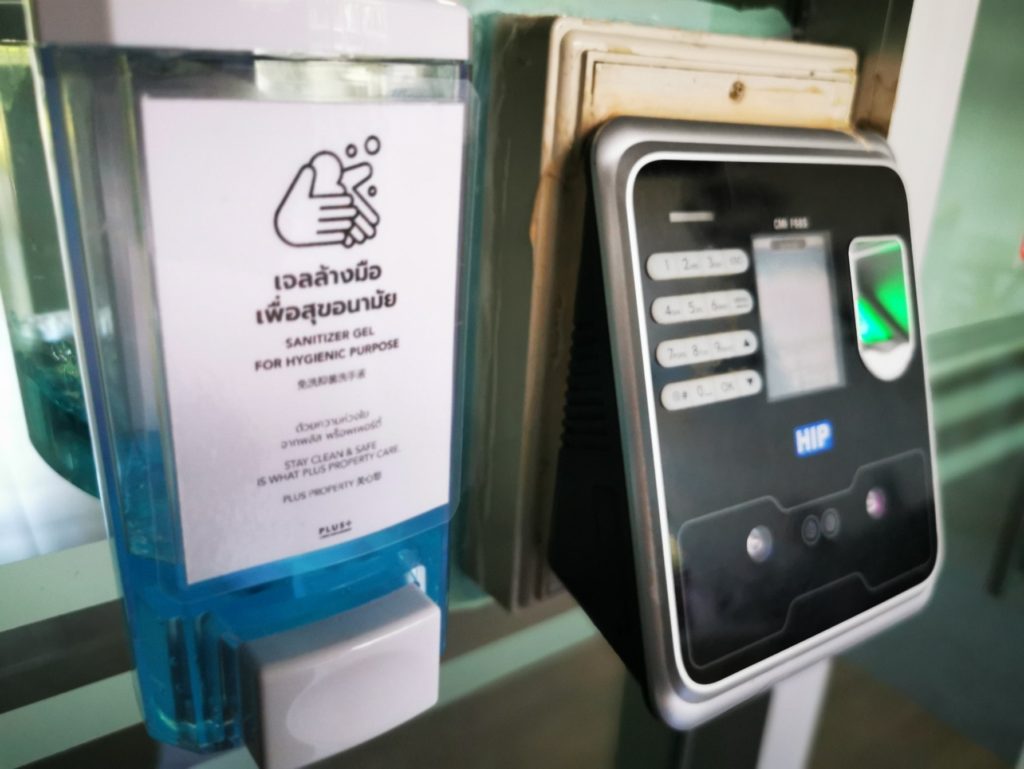Communications Activities are the Fingers you Need to Keep Things Working
This article is definitely not using ‘coronavirus’ as clickbait for your attention…
In this month’s Xpresso blog, we discuss the communications aspects that are associated with the COVID-19 outbreak, and how there may be non-exploitative benefits to be gained from a time of crisis
A world divided…
It’s a fairly common feature of being human that we tend to be divided on things. There is no issue in this world that you would find unanimous agreement on. In many ways it is the beauty of the human condition that we are so diverse in both our external influences and our internal cognition that we can produce such varied thought.
But it is often a blessing and a curse.
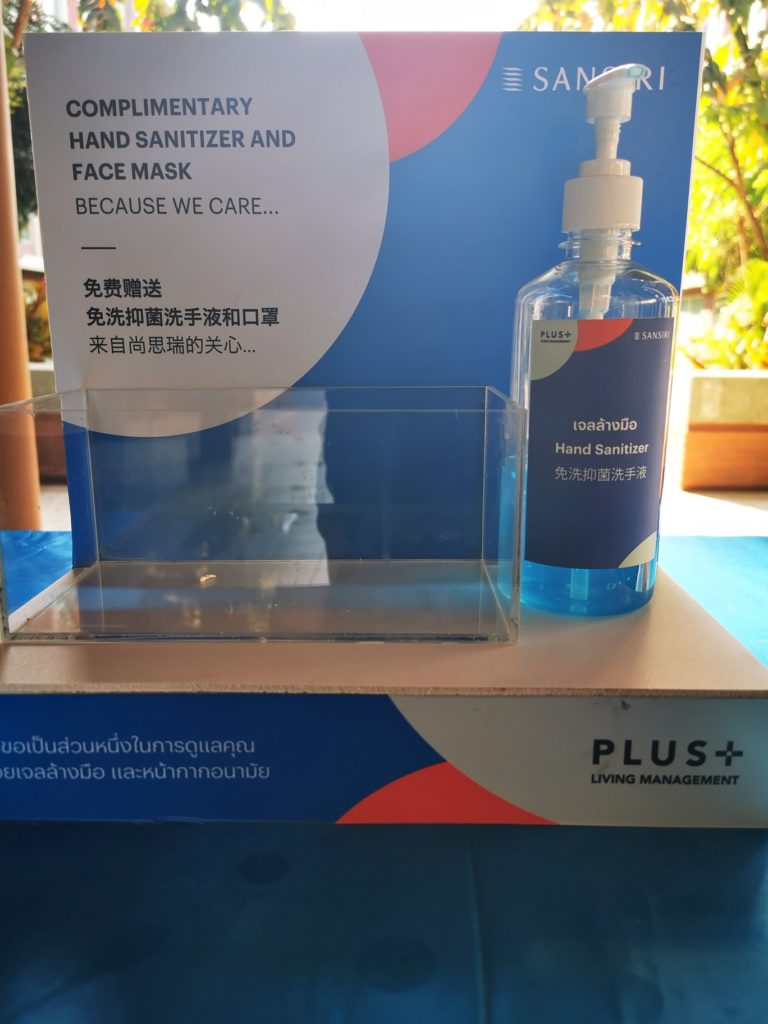 The most recent example of division is of course COVID-19, or ‘Coronavirus’.
The most recent example of division is of course COVID-19, or ‘Coronavirus’.
Some people are – understandably – scared of the potential implications of the illness, and believe it is reckless and irresponsible to take unnecessary risks in times like these. Those risks include travelling to areas that have had known outbreaks, or getting together in large groups. Some plan to make as little contact with people as possible, and are therefore stocking their houses so that they can barricade within them for an extended period of time.
Others are frustrated by this reaction, and feel that life should continue as normal – with perhaps a little more attention paid to issues of personal hygiene and hand washing. They are frustrated by the way that both media-based and collective reactions have led to unusual behaviours (such as hording), and believe that the threat of the reaction to the illness is far greater than the threat of the illness itself.
Reevaluating our mental models
Both sets of people tend to feel very strongly about their position, in part because the alternative viewpoint doesn’t just represent a difference in opinion, but a potential risk and threat to their own collective well-being (either by putting them at risk of illness, from the other side, impinging on their freedom).
As is always the case, individuals interpret statistics in way which most strongly supports their arguments. As such, the COVID-19 outbreak has been as strong an example as any for how, what should be objective data, can actually be manipulated to support completely contradictory arguments, all based on collation, interpretation and context.
The really big take-home message from a ‘crisis’ like this is therefore that it is the perfect time to truly, critically reevaluate our practices, habits and entrenched belief systems, and think about how objectively we are able to approach the world around us. Critical analysis and reflection should be constant activities in our daily lives, but more so than ever when external circumstances are fundamentally altered.
The implications for journalists – the ethics of reporting
So that leads us to an evaluation of the role played by journalists and content creators during this current crisis.
Well, there is first and foremost a need to not be sensationalist about the matter. Exploiting the term Coronavirus – and the issue of contagion – as a way of gaining traction or attention through click-baiting is simply unacceptable.
But, the significant question is – what counts as ‘sensationalist’? As identified above, people hold vastly different perspectives on how we should be perceiving the situation, and the severity of reaction that is appropriate. For instance, if a journalist was to recommend that people don’t travel, that would be for some a sensible piece of advice, but for others, a form of fearmongering and sensationalism.
So, how can we assess where the line of ‘sensationalism’ lies? And what about our role as content creators?
Since our communications activities within the electronics, broadcast and converging industries are centrally concerned with technologies, it is arguably not our place to offer ‘advice’ to people about how to act within the current climate, except to provide the obvious advice of urging you to engage in frequent hand washing (but hey, we kind of hope you were doing this already anyway).
At Xpresso Communications, we’re using the guiding principle of ‘Phronesis’: an ancient Greek word for the type of wisdom relevant to practical action, implying both good judgement and excellence of character and habits, sometimes referred to as ‘practical judgement’ or ‘practical virtue’.
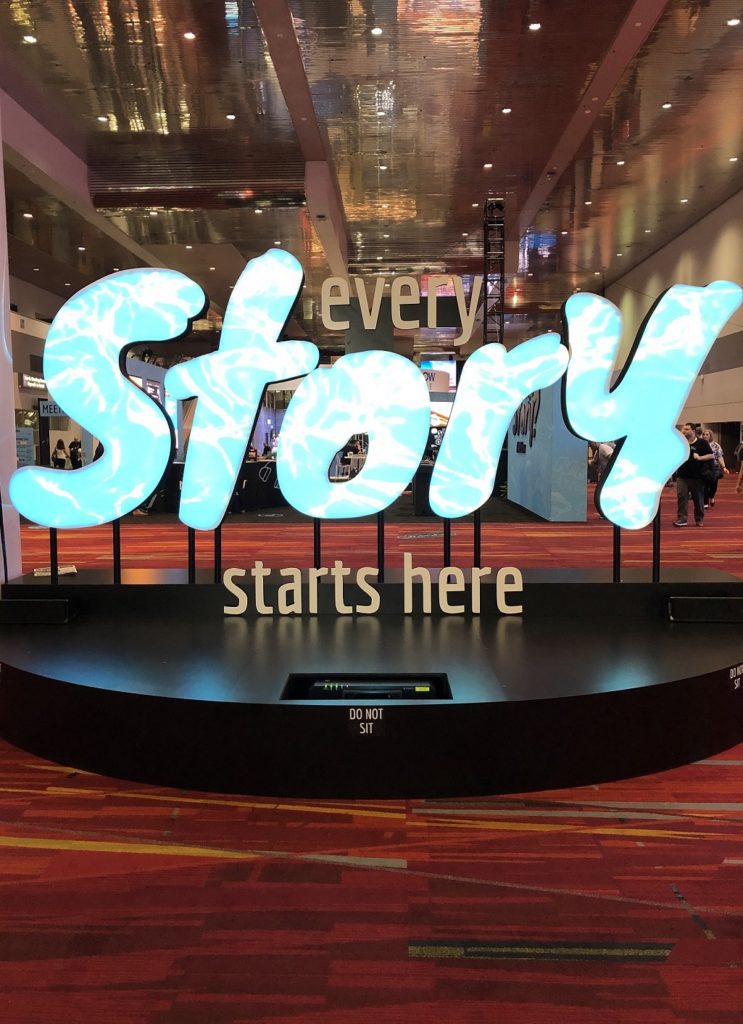 A need to report, not judge
A need to report, not judge
Does this mean there’s no place to even mention coronavirus, if the mandate of our work is limited generally to reporting on technological developments?
We would argue that there is still a place for mention and discussion of the Coronavirus issue. Recently, a few clients have wanted to deliver reports and recaps about their experiences at shows such as ISE 2020. The impact of coronavirus on attendance – and thus their logistics planning, interactions and sales – was a key aspect of their experiences there. To omit it would be to gloss over something fundamental and important, and thus to fail in our mission to report accurately.
Talking about the issue of coronavirus is also important for helping businesses to plan their future actions. For instance, Radiodays Europe, CabSat and BroadcastAsia have been postponed, and the NABShow has been called off.
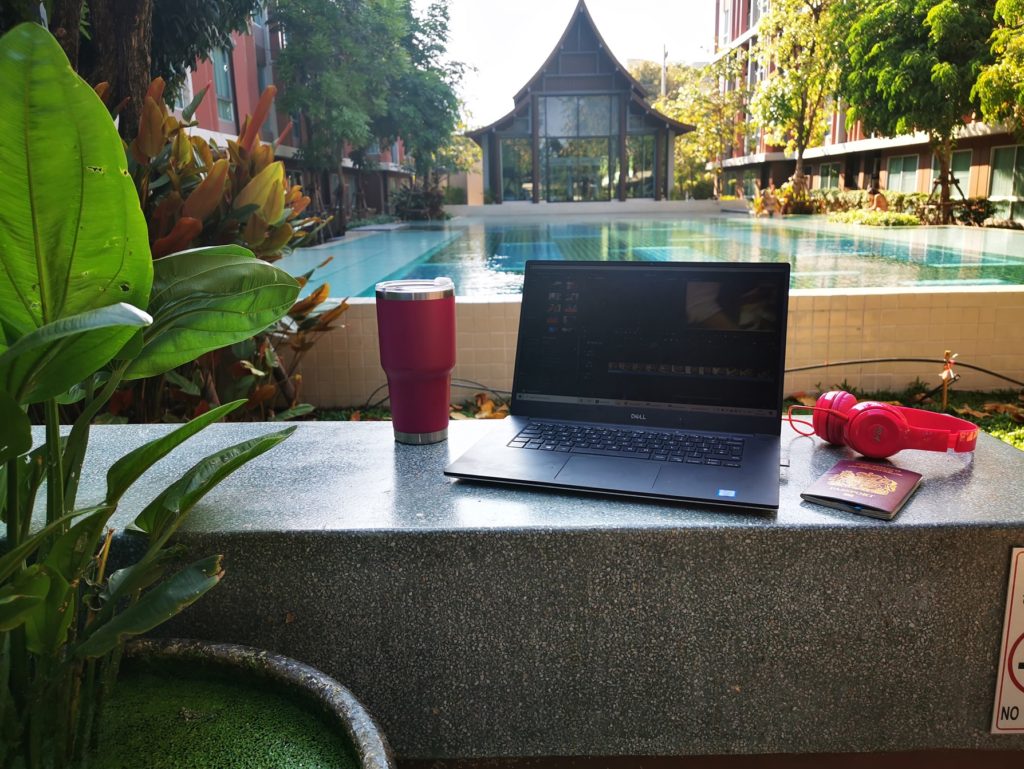 As remote content creators and as many journalists, we are afforded a certain ‘ivory tower’ privilege. Our activities have always been conducted from arms-length, usually with little need to commute to offices, or attend face-to-face meetings. We need to be conscious of that when we comment on the actions of others who may have different concerns or modes of operation.
As remote content creators and as many journalists, we are afforded a certain ‘ivory tower’ privilege. Our activities have always been conducted from arms-length, usually with little need to commute to offices, or attend face-to-face meetings. We need to be conscious of that when we comment on the actions of others who may have different concerns or modes of operation.
Within the marketing & communications industry, we are lucky that our activities are themselves little impacted by the logistical complexities associated with the virus. That said, we do foresee an impact on the financial health of communications activities in general; it is only natural as communications constitutes one entity along a whole chain of production; a chain where each entity in turn is tightening their belts out of a mixture of predictive fear and reactive necessity.
It’s not all bad news, but you have to be brave
This ‘belt tightening’ is an issue that particularly needs to be addressed. People that operate in the stock market know that sometimes, negative times are the times to take positive action.
It is not necessarily wrong to also seek advantages in situations of difficulty. Those advantages should not be ones you take over your fellow man (such as price gouging), but ones that take natural advantage of the situation itself. But doing this often requires bravery.
For example, in the field of communications – there has never been a stronger time to leverage your captive audience. People are out less, meaning they are inside, consuming more media, reading more, and have more time and attention to focus on business. This is a potential time when people are most receptive to your brand’s message and ideas.
In addition, it will be now more than ever that maintaining connection with your audience – and particularly your existing clients – is important. Where tradeshows and face-to-face meetings were key to maintaining relationships, now more creativity will have to be applied in maintaining social contact across a diverse range of channels.
This is a really important idea to internalize because there can be a tendency to react rashly in situations of crisis and reign in activities that seem like they are ‘non-essential’. It’s like the body preserving warmth in its core and cutting it off to the fingers. But… if it had just kept a little bit of blood in the fingers, it could have used them to turn up the thermostat!
It’s the same with communications. Communications activities are the fingers you need to keep things working, even though it is scary to divert resources to them when there is a feeling of fear and panic in the air about medium-term profitability and cash-flow.
Regardless of what happens over the upcoming months, we at Xpresso intend to keep communicating on behalf of our clients. It’s just that we’ll do it with covered mouths and a bottle of hand-sanitizer within reach…

